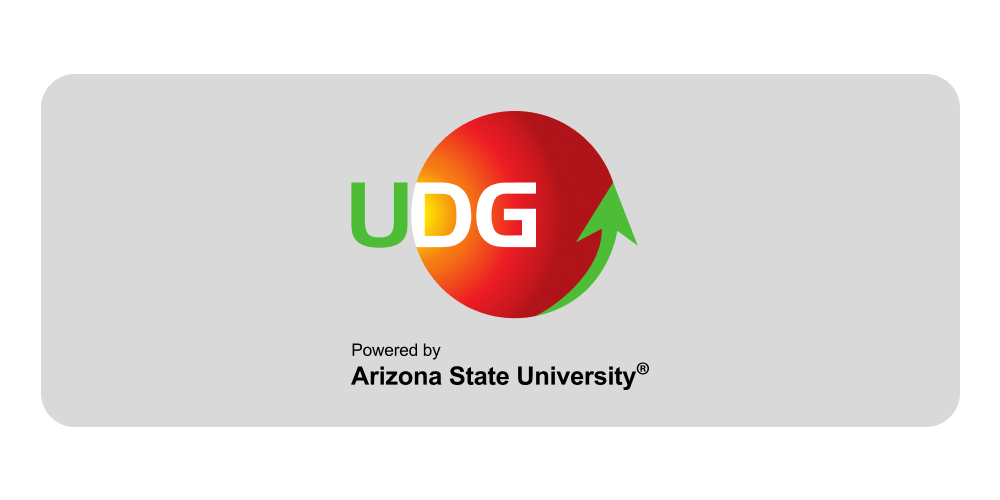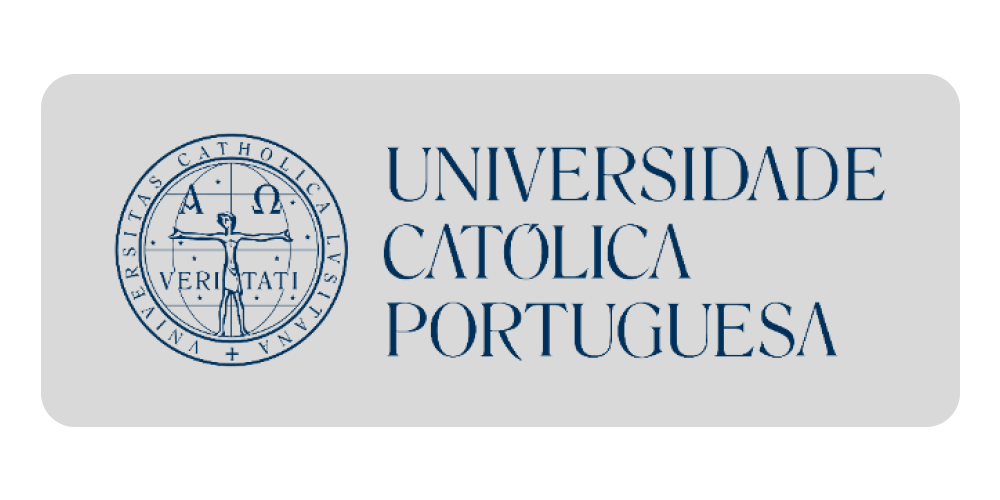Center for Advanced Researches
Identity and statehood - A Contribution to Resolving the Identity Issues and Problems in Multiethnic and Multireligious States
2023
The ‘I’ identity is the fundamental and essential human identity. It is surrounded
by numerous ‘we’ identities. An individual’s identity is networked into
group, i.e. collective identities. The networking of identities shows the depth of a
person. It is essential that the ‘I’ identity is not cancelled by group identities. If ‘we’
is imposed over ‘I’, а person vanishes and becomes personless. Group, collective
identities most often open problems and conflicts due to ideological action. When
ideology interferes into identity, individual identities within a group are being cancelled,
while the other group identities are being put in question. The ideologization
of collective identities initiates intolerance towards all those who do not belong to
our group. Intolerance-cum-exclusion leads to enmity and conflict. It is through the
ideologisation of identity that prejudice, stereotypes, and discrimination of others
and the different are imposed. All those in my group who think differently are traitors,
while all members of other groups are enemies. This is how the ‘friend and
enemy’ pattern is established in the political field of state and society. The exit from
this situation is the establishment of statehood identity within the state, under which
all citizens – regardless of their ethnic and other identities – would be perceived in
their collective identity of citizens. This, however, should not jeopardize their particular
identities. Particular identities would belong to their privacy and should as such
be legally guaranteed. Over time, a pattern of trust and respect would be established
between different particular identities. Such approach to identity would preserve
differences, but also find a similarity which would connect them within the state and
society, thus bringing safety, stability, and normality into societal and political life
Center for Advanced Researches
Identity and statehood - A Contribution to Resolving the Identity Issues and Problems in Multiethnic and Multireligious States
The ‘I’ identity is the fundamental and essential human identity. It is surrounded
by numerous ‘we’ identities. An individual’s identity is networked into
group, i.e. collective identities. The networking of identities shows the depth of a
person. It is essential that the ‘I’ identity is not cancelled by group identities. If ‘we’
is imposed over ‘I’, а person vanishes and becomes personless. Group, collective
identities most often open problems and conflicts due to ideological action. When...
Preuzmite dokument
2023
 Joković Pantelić, Milica S.
Joković Pantelić, Milica S.






